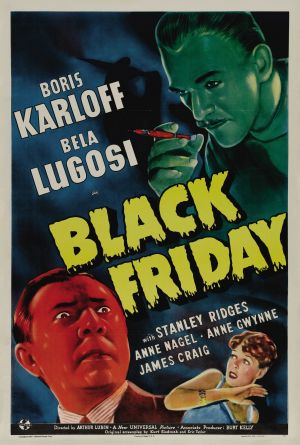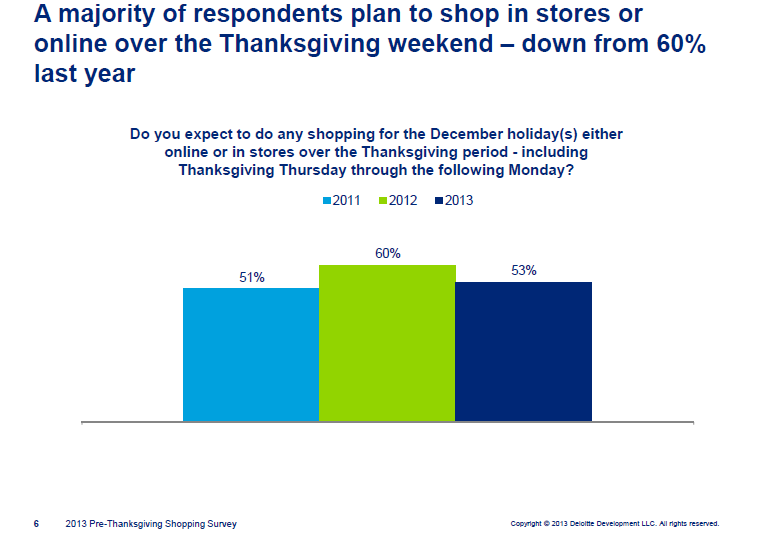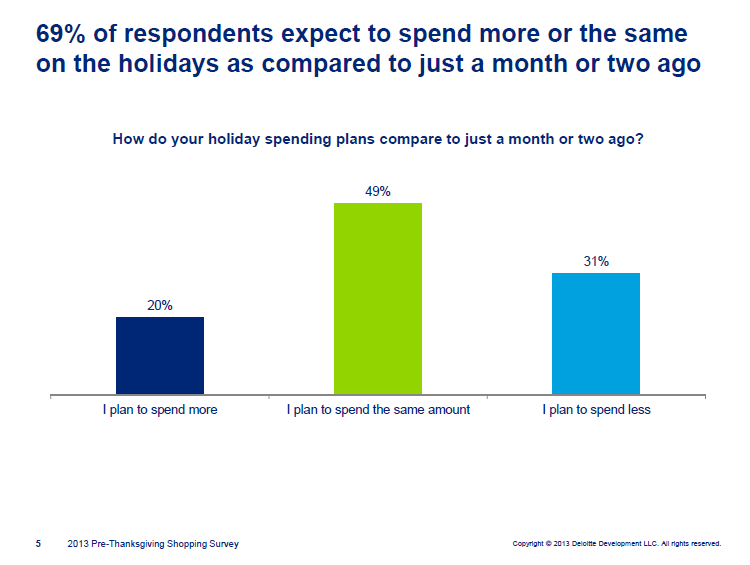Ok raise your hand if you knew the term “Black Friday” was first coined in the City of Brotherly Love, my hometown, Philadelphia. It’s ok if you didn’t know that. I was born and raised here and I didn’t even know it.
According to Time Magazine, “The term Black Friday itself was originally used to describe something else entirely — the Sept. 24, 1864, stock-market panic set off by plunging gold prices. Newspapers in Philadelphia re-appropriated the phrase in the late 1960s, using it to describe the rush of crowds at stores.”
As Johnny Carson would say, ‘I did not know that.’
What I do know, however, is the cultural, societal and retail phenomenon Black Friday has become. It has become symbolic for marketers and advertisers across the land as it signals the start of what they hope will be a very fruitful and beneficial holiday shopping season.
Of course nowadays it’s more like Black Thursday what with retailers now bypassing the once sacred idea of a holiday and opening their doors on Thanksgiving itself.
But that’s another story for another time.
What Does the Survey Say?
No, not what the fox says – we all know he says ring-ding-ding-ding-dingeringeding! I am referring to the recent survey conducted by Deloitte, who surveyed consumers about their Thanksgiving week shopping plans.
The numbers in this survey, in particular one, speaks to the possibility that Black Friday (and the subsequent weekend including Cyber Monday) is losing some of its appeal for consumers. As you can see from the chart below, 53 percent of consumers plan to head online or to the stores this weekend. Yes that is more than half of Americans still planning on doing their shopping on Black Friday, etc., the percentage is down from last year.
Could this mean more consumers are deciding to spread their shopping out through the entire holiday season rather than just during this period of time?
Belinda McConnell, Principal at Deloitte thinks so. “There is less urgency around getting the Black Friday deal on Black Friday,” she said. “The novelty of ‘Black Thursday’ has worn off a little, and we’re hearing more consumers say they’ll avoid the crowds in the stores on Black Friday. ”
Of course this is only a one-year trend so we will need to monitor this going forward naturally to see if in fact the trend continues and more and more shoppers move away from the madness and mayhem of Black Friday, Cyber Monday and so on. I, however, believe this trend will in fact continue.
I think you will see more and more consumers making the conscious decision to not put all (or most) of their holiday shopping eggs into one basket, as it were. This is not to say Black Friday and Cyber Monday, etc, won’t have a place at the table. Of course they will.
What it does mean, however, is that retailers need to be cognizant of any change in their customers’ collective behaviors and adjust and respond accordingly. Remember Mr. and Mrs. Retailer, the consumer is driving the bus now. You are merely along for the ride. They will decide when they want to get off and do a little shopping.
Spread Out But Still Spending
So it appears more consumers are spreading their holiday shopping season out over a longer period of time. And as McConnell puts it, that could be a good thing as it means traffic is less likely to fall off after Black Friday.
Consumers are also planning on spending the same or even more than they did last year with 69 percent of consumers responding they’ll spend the same or more on the holidays than they originally planned.
And when consumers do come into your retail location to do their holiday shopping, regardless of when it is, you better be ready for them from a mobile marketing perspective.
“When they head to the stores, expect them to be online on their phones and tablets at the same time, with significant website traffic on those days coming from mobile devices,” says McConnell “We’ve found that the more informed consumer is more likely to buy, and our research has shown that consumers using smartphones in the store are 14 percent more likely to make a purchase than those who are not using devices. This holiday season, those smartphone-toting consumers are expected to spend 64 percent more than those shopping without phones.”
Source: Deloitte
Photo credit: Wikipedia
Named one of the Top 100 Influencers In Social Media (#41) by Social Technology Review and a Top 50 Social Media Blogger by Kred, Steve Olenski is a senior creative content strategist at Responsys, a leading marketing cloud software and services company. He is a also a member of the Editorial Board for the Journal of Digital & Social Media Marketing and co-author of the book StumbleUpon For Dummies. He can be reached via Twitter @steveolenski or at the nearest coffee shop.


